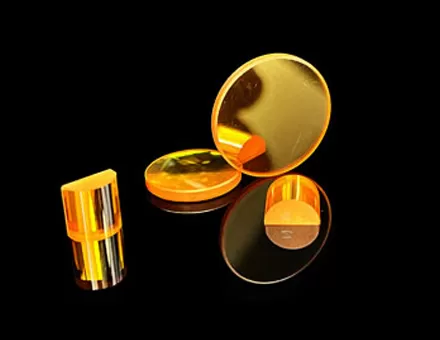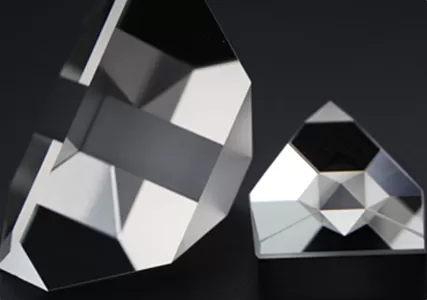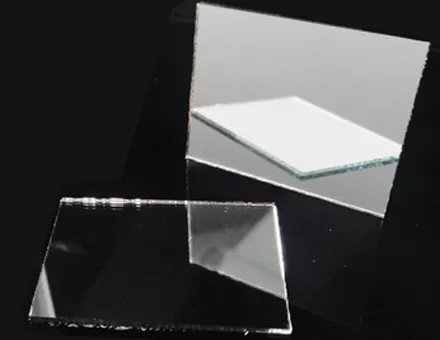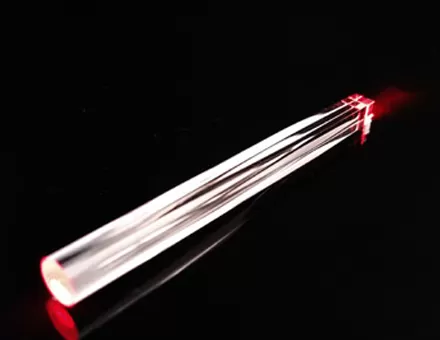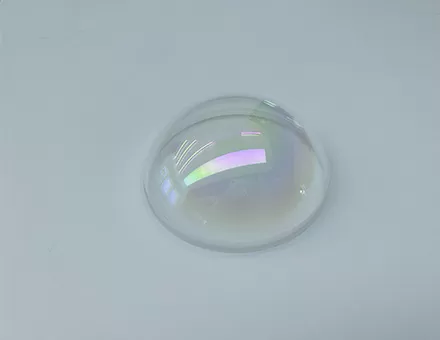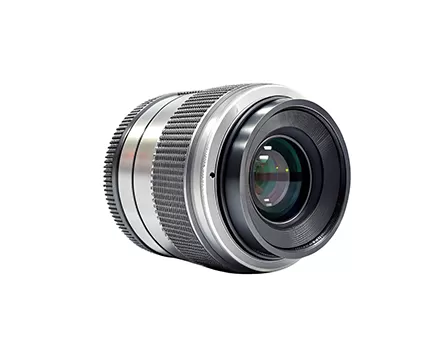Optical mirrors are indispensable components in optical systems and are widely used in scientific research, industrial manufacturing, medical equipment, communication technology and daily life. The mirror reflects light to control, focus, disperse or turn the light, and its performance directly affects the overall effect of the optical system. This paper will introduce the basic principle, common types and application fields of optical mirrors on sales.
Basic principles of optical mirrors
The core principle of optical mirrors is the reflection of light. According to the law of reflection of light, the incident light, the reflected light, and the normal (line perpendicular to the reflecting surface) are located in the same plane, and the incidence Angle is equal to the reflection Angle. The surface of the mirror can be flat, spherical or aspherical, and the different surface shapes determine the way the light is reflected.
The reflectivity of the mirror is an important index to measure its performance, the higher the reflectivity, the smaller the loss of light. The reflectivity depends on the material of the mirror and the surface coating technique. Common mirror materials include glass, metals (such as aluminum, silver, and gold), and special optical materials. In order to improve the reflectivity, the surface of the mirror is usually plated with one or more layers of optical film, such as a metal film or a dielectric film.
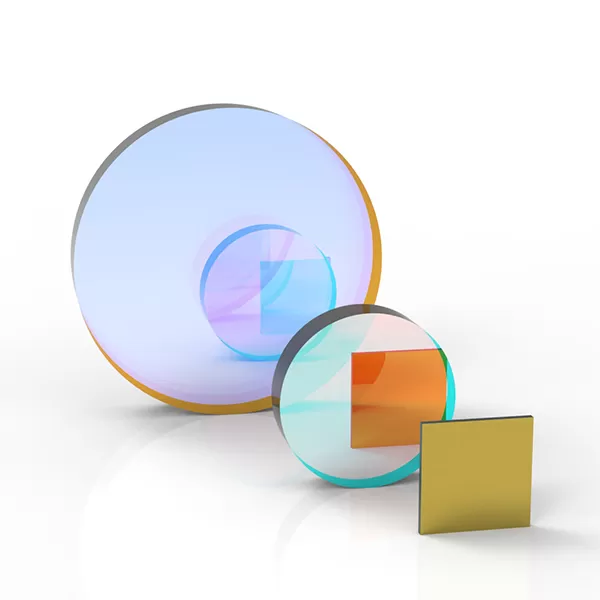
Types of optical mirrors
A plane mirror is the simplest type of mirror with a plane reflecting surface. Flat mirrors are mainly used to change the direction of light propagation without changing the focusing or divergence characteristics of the light. Common applications include beam steering in laser systems and optical path adjustment in optical instruments.
The reflecting surface of the spherical mirror is spherical, which is divided into two kinds: concave mirror and convex mirror. The cylindrical concave mirror, a specialized variant, is used in applications requiring one-dimensional focusing, such as in laser line generators or certain spectroscopy setups.

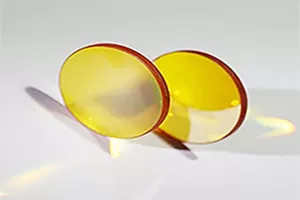
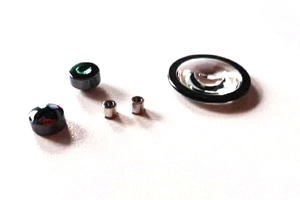
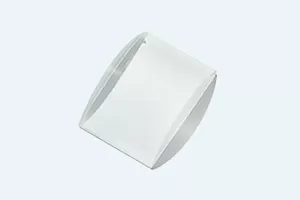
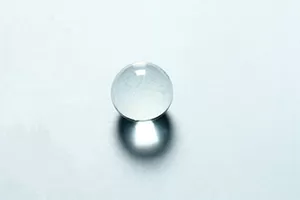

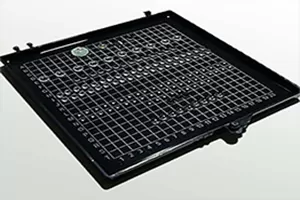
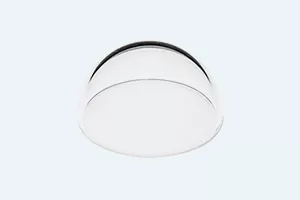
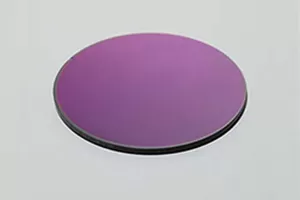

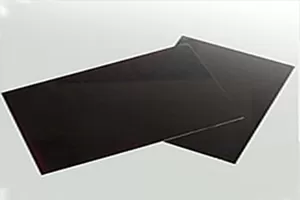
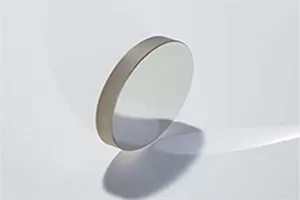
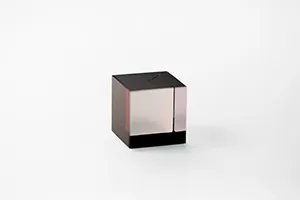
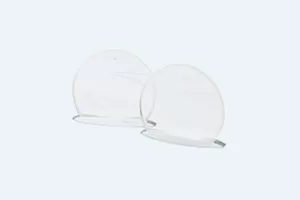
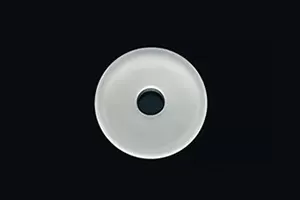
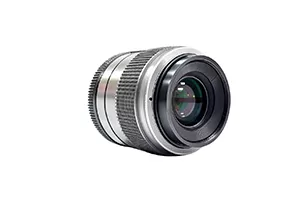
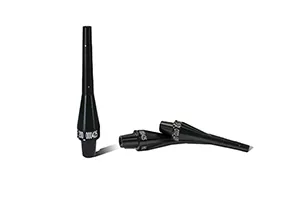

 EN
EN

